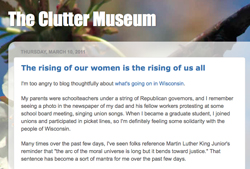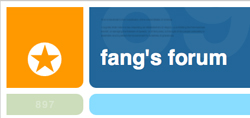I think it’s safe to say phone interview #2, a fairly informal chat, went extremely well. I learned a lot about the institute and I’m impressed by what its staff has done and by the director’s vision for the future. Plus, it ends up that the internship I did this summer matches up neatly with the next initiative they’re developing at the institute.
It appears the pool of candidates has been winnowed to five, and I’m the only academic among them. (The director kept noting how unusual it is for an academic to have my combination of skills; of course, I know plenty of academics with the same skill set, but apparently in the big picture, we’re rare birds.) Fingers crossed that I make it to Round 3, a Skype interview.
I’ve been looking at housing prices in the area and kind of freaking out–it looks like the kind of house we’d want, even with a more-than-slightly painful commute, is going to be in the $2500 to $3000/month range. I ran some quick calculations on salary, and I think it’s doable, especially since the benefits look to be awesome, so our healthcare costs should decline. (When I was itemizing our 2012 tax returns, I learned that, even with health insurance from Boise State, we spent $10,000 on medical care and prescriptions last year. I don’t think that would be a problem at this new place.)
Fang keeps reminding me not to count my chickens before they hatch–and I’m not. There’s no reason not to incubate the eggs though, right? And in this kind of situation, I’m all about planning and strategizing.
Image by Laura Loveday, and used under a Creative Commons license



